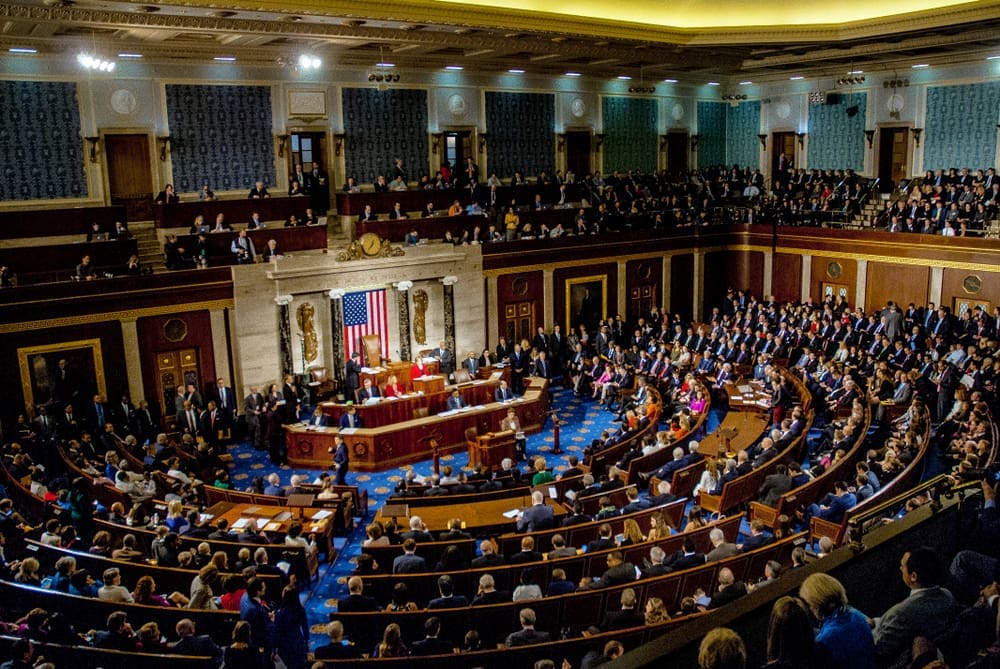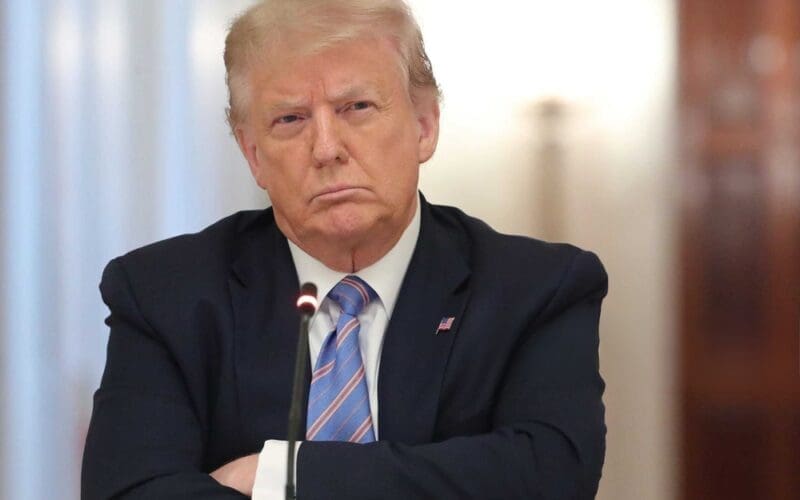Washington, D.C. – In the wake of escalating tensions with Iran, a renewed debate has emerged within the U.S. Congress regarding the authority to declare war. Historically, Congress ceded its war-declaring powers to the executive branch following the September 11, 2001, terror attacks. This shift has remained largely unchallenged for decades, but recent developments have prompted some legislators to seek a reassessment.
On Tuesday, Representative Thomas Massie (R-Ky.) introduced a resolution co-sponsored by over a dozen Democratic lawmakers. The resolution aims to restrict President Donald Trump from initiating military action against Iran without Congressional approval. “The Constitution does not permit the executive branch to unilaterally commit an act of war against a sovereign nation that hasn’t attacked the United States,” Rep. Massie stated. “Congress has the sole power to declare war against Iran. The ongoing war between Israel and Iran is not our war. Even if it were, Congress must decide such matters according to our Constitution.”
The authority for the president to conduct military operations was significantly expanded just a week after the 9/11 attacks when Congress authorized the president to act against entities involved in the attacks to prevent future terrorism. Although initially focused on 9/11-related threats, this authorization has since been used to justify various military operations, including President Barack Obama’s airstrikes against the Islamic State in multiple countries.
Additionally, in 2002, Congress provided the president with authority to address threats from Iraq, enabling President George W. Bush’s 2003 invasion and, during President Trump’s term, the 2020 airstrike that killed Iranian General Qasem Soleimani.
In recent years, attempts to repeal these authorizations have surfaced but have faced legislative roadblocks. For instance, a 2023 Senate effort to rescind the 2002 Iraq authorization stalled in the House. Moreover, the War Powers Resolution, which mandates that military actions without Congressional approval end after 60 days, has been frequently bypassed by past administrations, a point highlighted by David Janovsky of the Project on Government Oversight.
As these discussions unfold, experts emphasize the constitutional implications of war powers. The debate underscores the enduring tension between the legislative and executive branches over military engagement, a focal point in ongoing policy discussions. Task & Purpose will continue monitoring developments in the Middle East, with a particular eye on how U.S. military personnel might be impacted.














